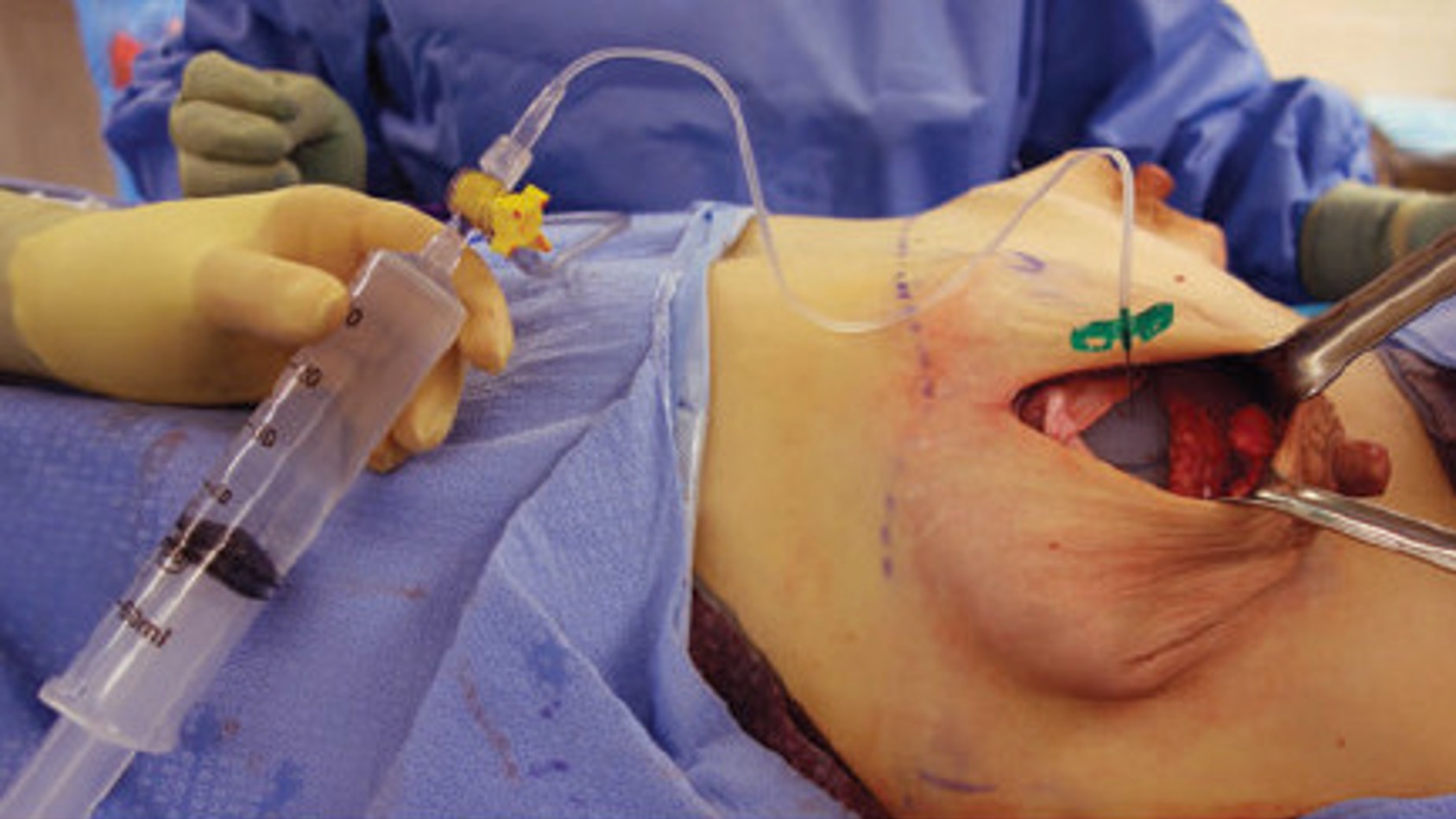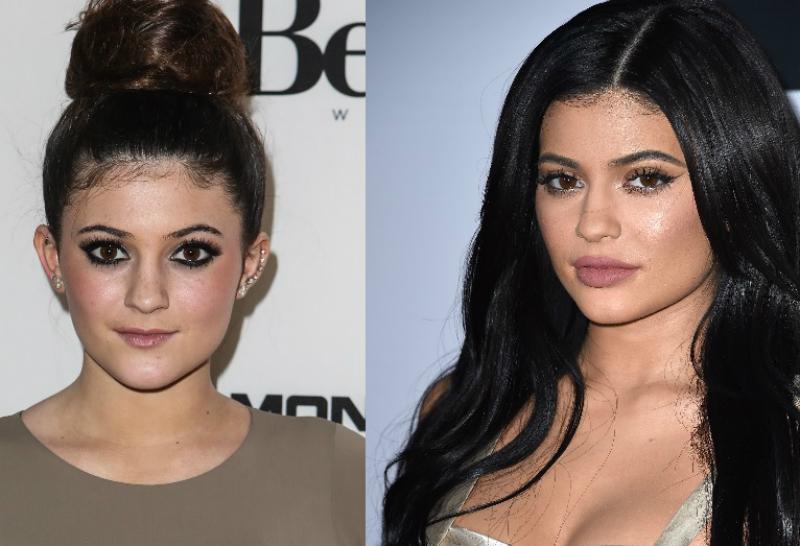Examining the Psychological and Social Elements That Drive Individuals to Take Into Consideration Plastic Surgery as a way of Enhancement
The choice to go after cosmetic surgery often expands past plain aesthetics, linking with social and psychological characteristics that merit extensive evaluation. Aspects such as self-confidence, pervasive social charm requirements, and the pervasive impact of social media assemble to form private motivations for surgical enhancement.
The Duty of Self-worth
Self-esteem significantly influences an individual's decision to go after cosmetic surgery. Individuals with low self-confidence commonly perceive themselves in a negative light, leading to feelings of inadequacy regarding their physical appearance.

Inevitably, the role of self-esteem in the decision-making procedure concerning cosmetic surgical treatment highlights the intricate interaction between body picture, individual fulfillment, and psychological health and wellness. Comprehending this relationship is important for healthcare professionals to guarantee that clients are making notified decisions rooted in realistic assumptions and emotional wellness.
Social Charm Criteria
Influenced by prevalent media portrayals and cultural stories, societal elegance criteria play an essential role fit people' understandings of their own bodies. These standards are frequently characterized by an idyllic form of charm that highlights attributes such as slimness, symmetry, and youthful vigor. As these perfects are continued through different channels, consisting of tv, film, and marketing, people regularly internalize these messages, leading to dissatisfaction with their all-natural appearance.
The implications of these social norms extend past aesthetic preferences; they can affect self-confidence, psychological health, and interpersonal relationships. Individuals that regard themselves as disappointing these requirements might experience sensations of insufficiency, prompting a need for plastic surgery as a method of achieving societal approval. This quest is commonly fueled by the idea that adapting these ideals will enhance not only physical appearance however also social standing and personal fulfillment.

Influence of Social Media Site
The effect of societal charm requirements is more amplified by the surge of social media platforms, where curated pictures and idyllic depictions of beauty are ubiquitous. Individuals are frequently revealed to filteringed system and modified pictures, which often portray unattainable physical characteristics. This exposure grows a society of contrast, leading people to examine their very own look against these commonly unrealistic standards.
Social media influencers and stars frequently promote cosmetic treatments, normalizing the notion that surgical enhancements are a viable methods for accomplishing social perfects (plastic surgery rancho cucamonga). The presence of these improvements can produce an assumption that undergoing plastic surgery is a standard technique, consequently More about the author influencing individuals to consider similar interventions as a path to improved self-esteem and social approval
Moreover, the interactive nature of social media sites permits for instant comments through sort and remarks, better enhancing the desire to adhere to prominent charm standards. Such communications can intensify feelings of inadequacy and drive people towards cosmetic surgical procedure as a way of getting validation. Ultimately, social media plays an essential role fit perceptions of elegance, which dramatically impacts the decision-making procedures bordering plastic surgery.

Social Perspectives on Appearance
Throughout numerous cultures, perceptions of look are deeply rooted in historic, social, and economic contexts, forming individuals' views on elegance and worth. In lots of societies, look works as a significant pen of identity, affecting social condition, expert chances, and personal partnerships. For instance, in some societies, light skin is commonly connected with wealth and advantage, while others may glorify darker complexion as signs of strength and credibility.
Moreover, typical charm criteria are commonly perpetuated with social narratives, media representations, and family influences, leading to varying perfects across various regions (plastic surgery rancho cucamonga). In Western societies, the focus on youth and fitness usually drives people towards cosmetic enhancement, while in particular Eastern societies, even more refined changes straightened with conventional visual appeals might be liked
Globalization and the proliferation of digital media have better made complex these dynamics, producing a hybridization of appeal ideals that transcends geographical limits. As individuals significantly browse these cultural narratives, the pressure to adapt particular appearance requirements can bring about the need for plastic surgery, reflecting a complicated interplay of social worths and individual desires. Comprehending these cultural viewpoints is necessary in resolving the inspirations behind cosmetic surgery factors to consider.
Psychological Influences of Aesthetic Surgical Procedure
Many individuals looking for cosmetic surgical procedure record experiencing profound mental influences that can dramatically change their self-perception and emotional health - plastic surgery rancho cucamonga. The need for physical improvement commonly comes from underlying issues such as low self-esteem, body dysmorphic disorder, or societal stress relating to charm standards. For some, the prompt post-operative stage can cause a short-term boost in positive self-image and contentment with their appearance, fostering a sense of empowerment
Nonetheless, these positive sensations might not be sustaining. Study indicates that while some individuals experience enhanced self-esteem, others may deal with elevated anxiousness or anxiety if their assumptions are not satisfied. This discrepancy can occur from impractical perfects continued by media representation and cultural narratives surrounding appeal.
Moreover, the mental ramifications of cosmetic surgical procedure expand beyond the person. Relationships with friends and family may be strained as social dynamics shift, leading to feelings of seclusion or alienation. Eventually, the mental influences of cosmetic surgical treatment are intricate and complex, requiring cautious factor to consider by both prospective individuals and healthcare suppliers to guarantee informed decision-making and realistic expectations.
Verdict
In verdict, the home choice to pursue plastic surgery is dramatically affected by a combination of self-confidence concerns, social elegance requirements, and cultural viewpoints on look. The pervasive reach of social media better intensifies these stress, advertising impractical suitables that individuals usually aim to achieve. Comprehending these mental and social factors is vital for resolving the motivations behind plastic surgery, highlighting the requirement for an extra nuanced discussion bordering appeal and self-acceptance in contemporary culture.
The choice to seek cosmetic surgical procedure usually expands past mere looks, linking with mental and social dynamics that warrant detailed examination. Eventually, social media plays an essential role in shaping assumptions of charm, which substantially affects the decision-making processes bordering cosmetic surgical procedure.
As people significantly navigate these cultural stories, the pressure to conform to specific look criteria can lead to the wish for cosmetic surgery, mirroring a complicated interplay of cultural worths and personal aspirations.In conclusion, the choice to go after cosmetic surgery is significantly affected by a combination of self-worth problems, social charm criteria, and cultural perspectives on look. Understanding these emotional and social factors is essential for dealing with the inspirations behind cosmetic surgical treatment, highlighting Source the demand for a much more nuanced discussion surrounding charm and self-acceptance in modern society.